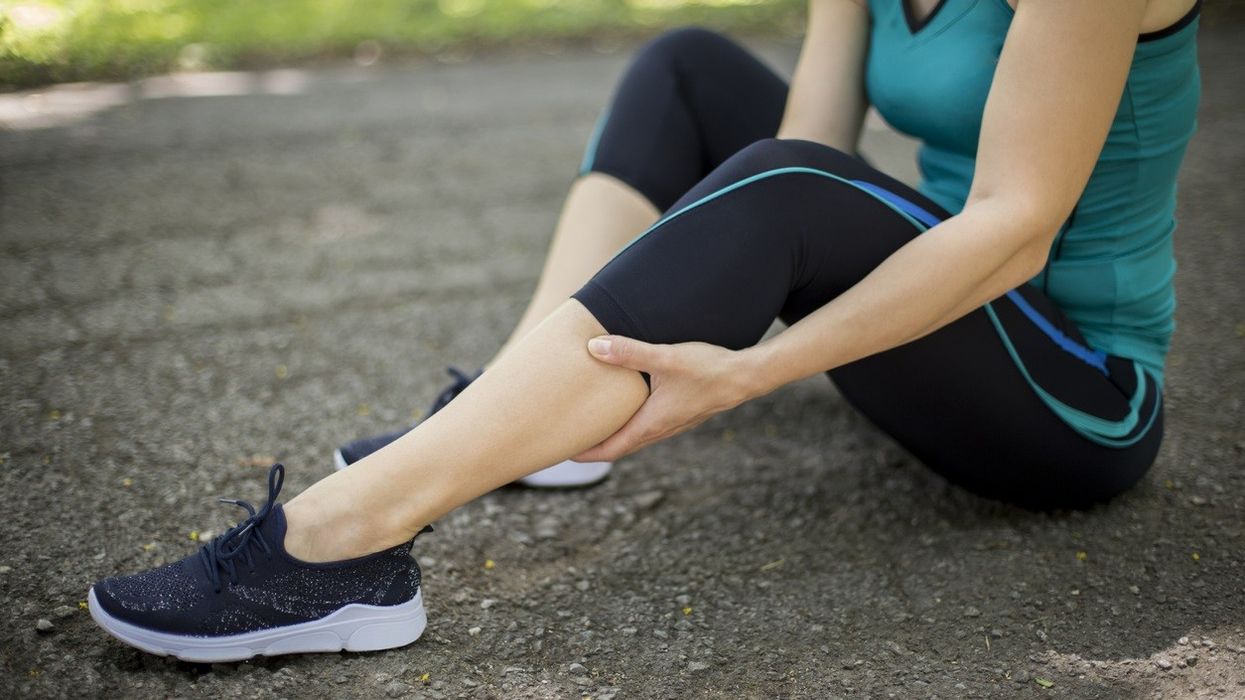Researchers have discovered that contracting Covid-19 could elevate the risk of developing Guillain-Barre syndrome within six weeks after infection. They emphasise that while the disorder is exceptionally rare, (affecting up to 20 individuals in every one million people annually), this potential link is noteworthy.
However, this increased risk could be mitigated by administering mRNA vaccines such as the Pfizer-BioNTech, scientists at medical institutes in Israel have found.
According to the World Health Organisation (WHO), Guillain-Barre syndrome is a rare autoimmune condition in which a person's immune system attacks their peripheral nerves.
The initial symptoms of the syndrome include weakness or tingling sensations, which usually start in the legs and can spread to arms and face, the WHO said in a fact-sheet issued in April.
Severe cases of Guillain-Barre syndrome are rare but can result in near-total paralysis, and breathing issues linked to it can be potentially life-threatening. However, according to the WHO most people recover fully from even the most severe cases.
In the study, over three million people in Israel with no previous diagnosis of Guillain-Barre were followed for 18 months between January 1, 2021 and June 30, 2022. Of these, 76 people developed the autoimmune disorder, researchers found.
Researchers found that people with a recent Covid-19 infection were six times more likely to develop Guillain-Barre than those without. This was concluded after looking at the participants' history of Covid infection and vaccination during the six weeks prior to the diagnosis of the syndrome.
Twelve per cent of the people with Guillain-Barre had a recent Covid infection, compared to 2 per cent of the people without, researchers said in their study published in the journal, Neurology.
They further found that people recently immunised with an mRNA vaccine were more than 50 per cent less likely to develop Guillain-Barre than those that did not get immunised.
"While Guillain-Barre is extremely rare, people should be aware that having a Covid infection can increase their risk of developing the disorder, and receiving an mRNA vaccine can decrease their risk," said Anat Arbel, the study's author.
"These findings further highlight the benefits of ongoing vaccination programmes with mRNA-based vaccines," said Arbel, a researcher at Lady Davis Carmel Medical Centre in Haifa.
"The results have important clinical and public health implications," Arbel said.
(PTI)






 He says: "There’s something incredibly empowering about finishing a solid back workout"AMG
He says: "There’s something incredibly empowering about finishing a solid back workout"AMG He says: "I think health and wellness are fundamental aspects of life that don’t necessarily require fancy gadgets or apps"AMG
He says: "I think health and wellness are fundamental aspects of life that don’t necessarily require fancy gadgets or apps"AMG My grandfather is my ultimate inspirationAMG
My grandfather is my ultimate inspirationAMG He says : "Without a doubt, it would be Tom Cruise"AMG
He says : "Without a doubt, it would be Tom Cruise"AMG






